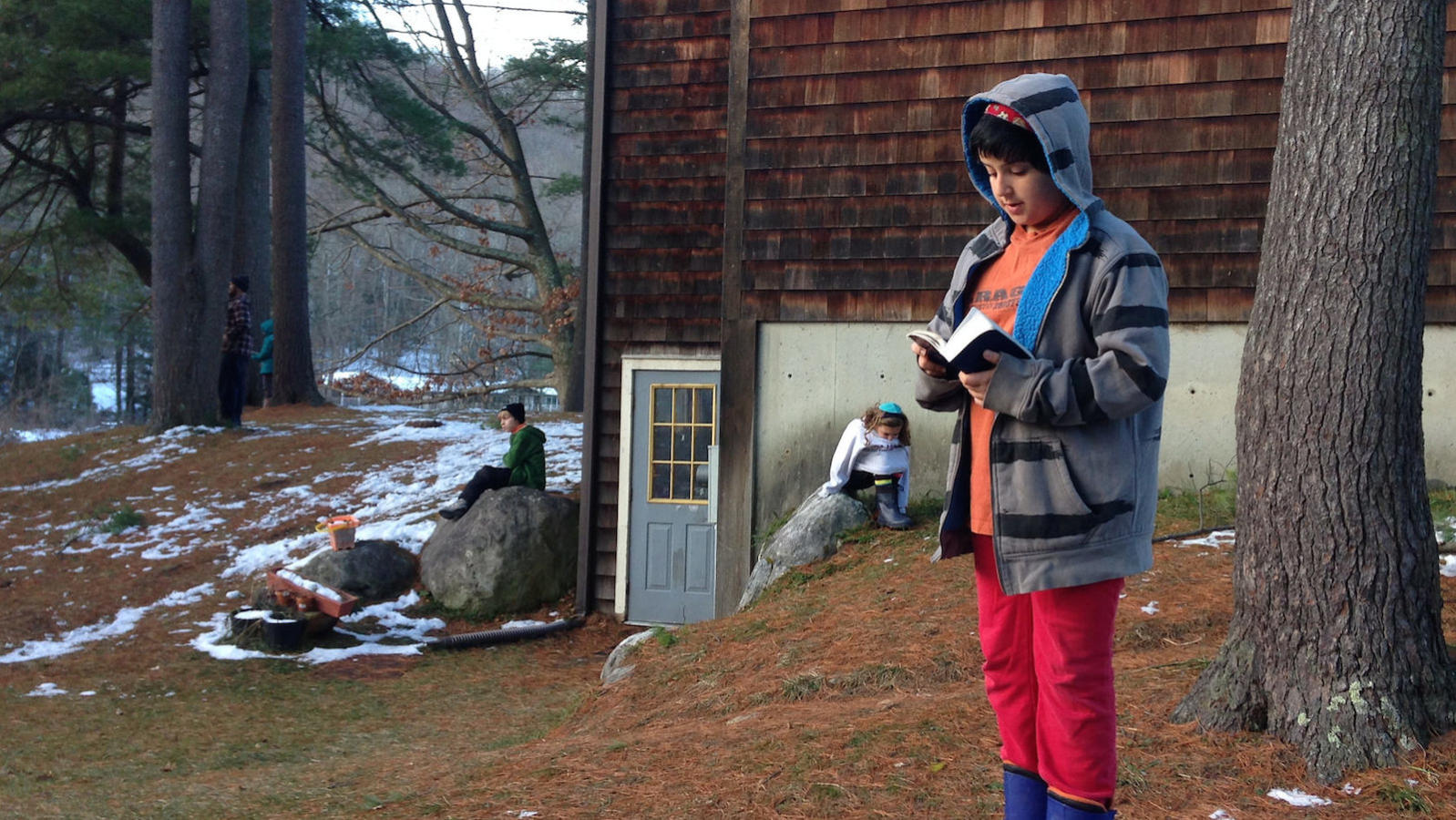The traditional view of prayer is relatively straightforward. The Bible, for instance, takes it for granted that people have conversations with God the same way they do with each other. To take but one example, Moses pleads with God to pardon Israel’s sins, and God duly responds, “I have pardoned, just as you say” (Numbers 14:20). Sometimes God initiates the conversation; sometimes human beings do. But either way, God appears here as an all-knowing and all-powerful being who welcomes our praise and, if we are deserving, acts positively on our requests.
Talmudic Beliefs
By the second half of the second century B.C.E., the leaders whom we call the Rabbis were coming into being. So influential were they for all the rest of Jewish history that Jews today are rabbinic through and through. Jewish tradition is the Hebrew scriptures that Jews call the Bible plus the voluminous writings of the Rabbis of antiquity and the subsequent, equally monumental work of other Jewish leaders, also called rabbis, from the Middle Ages up to and including our own day. We customarily differentiate the Rabbis who laid the foundation for rabbinic Judaism until roughly the middle of the sixth century C.E. from the rabbis who are their spiritual descendants by capitalizing the first term but using lowercase for the second.
By the year 200 C.E., the Rabbis had recorded their views on prayer (as on everything else) in a compendium called the Mishnah. By 400 C.E., further generations of Rabbis in the Land of Israel had composed a larger work called the Palestinian . And sometime around 550 C.E., Rabbis in Babylonia (present-day Iraq) compiled a monumental work (some 16,000 pages in the standard English translation) called the Babylonian Talmud, or sometimes just the Talmud because of its size and influence.
From all of these works, we see that the Rabbis viewed God more or less as their biblical forbears. They knew that unlike the prophets, however, they themselves never heard God speak, so they concluded that actual prophecy had ceased. Apparently God didn’t initiate conversations any more.

Help us keep Jewish knowledge accessible to millions of people around the world.
Your donation to My Jewish Learning fuels endless journeys of Jewish discovery. With your help, My Jewish Learning can continue to provide nonstop opportunities for learning, connection and growth.
Formalized Prayer
But the Rabbis were equally certain that God still hears our prayers, and sometimes even answers them by granting the things we pray for. They were sure, in fact, that God wants us to pray–and not just as the mood strikes us, but regularly, and in community, not alone.
That was an innovation beyond what biblical men and women had known. In the Bible, people pray only when they feel like it. Moses asks God to heal his sister Miriam. Solomon requests wisdom so that he can lead his people wisely. Miriam sings God’s praises to celebrate crossing the Red Sea; Hannah asks for a baby boy. But once a prayer is said, it is over and done with. No one feels the need to pray the same words twice, and the prayers don’t get fixed so that other people in the same situation are obliged to copy them.
The Rabbis did not question a person’s right to speak directly to God with heartfelt praise, petition, and gratitude, just as biblical heroes had, but in addition, they took the next step of establishing the times and structure of a regular communal prayer cycle, the one we use to this very day. For the Rabbis, then, personal prayer was juxtaposed with communal liturgy — a far cry from biblical days, when the only public worship service had been the sacrificial cult. The God to whom the community spoke, however, was still portrayed as a personal deity who hears what people say and acts upon our words the way a powerful monarch–the Roman emperor himself, perhaps–did for powerful petitioners in court.
Answering the Question Today
Most of us grew up with that kingly image of God in mind. For those of us who still believe in a God who can be pictured that way, prayer is mostly not a problem. Such a God might easily demand prayers from us, the subjects of the divine kingdom. In return, since God is all-powerful just, and good, we might expect a positive response to our petitions, as long as we deserve it.
But here is where even those who still believe in the biblical notion of a personal God run into difficulty. It is hard to prove that God really does answer our prayers, and sometimes, as when “bad things happen to good people,” it is hard not to wonder why God doesn’t respond the way we think a good God would.
Reprinted with permission from The Way Into Jewish Prayer (Jewish Lights).



